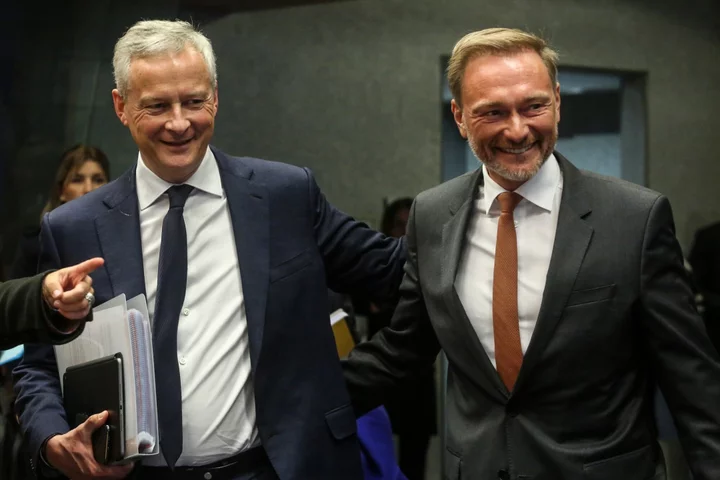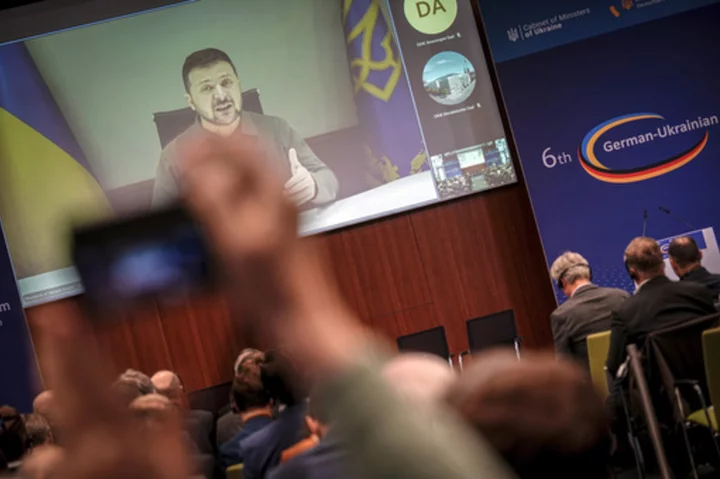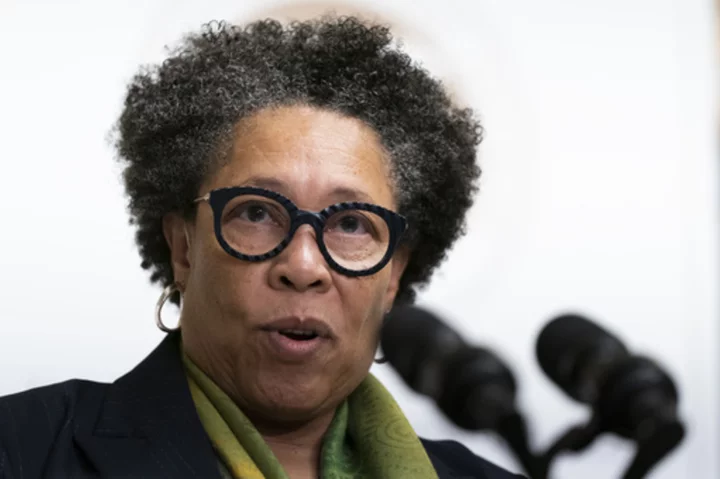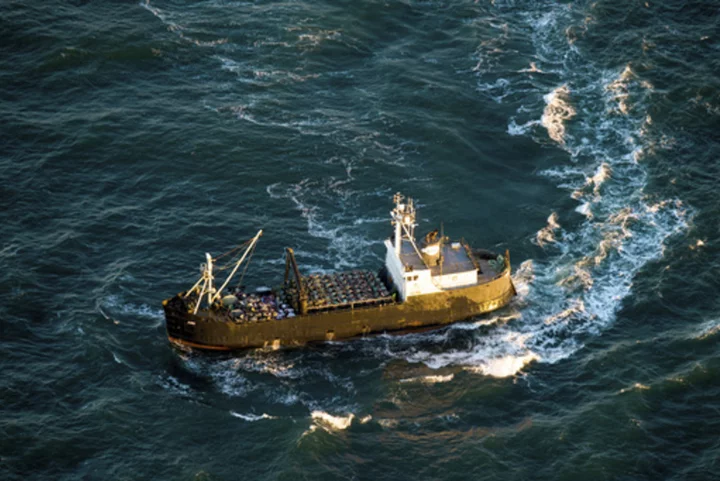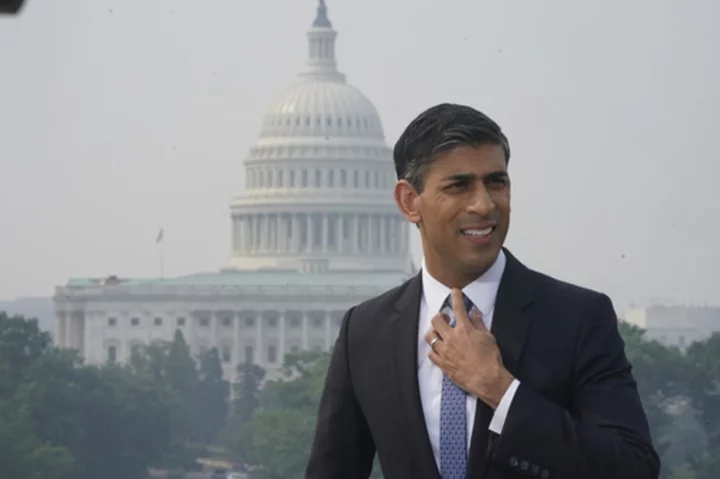France and Germany are ramping up efforts to find a joint agreement on new fiscal rules that could pave the way for a European Union deal by the end of the year, French Finance Minister Bruno Le Maire said.
He plans to head to Berlin in the coming days for talks with German counterpart Christian Lindner to try to make progress, he told reporters ahead of a meeting of EU finance chiefs in Brussels on Thursday.
Le Maire said it was essential to have an agreement by the end of the year, saying the “whole credibility of the EU is at stake.”
“We are working very hard with Christian and the German team,” Le Maire said. “We are making progress. The mood is an excellent one. We are moving in the right direction.”
Lindner, speaking shortly after the French minister, said substantial progress has been made and that he’s more optimistic about achieving a political agreement this year, though he added that much more work is needed.
Read More: Why New Euro Budget Rules Are Getting Ministers Riled: QuickTake
“A Franco-German initiative could lead to a mutual understanding among all member states,” he said. “Now it’s about numbers, not only instruments.”
The fiscal rules limiting debt and deficits that bind the euro zone’s eclectic economies were suspended during the Covid pandemic and energy crisis to allow governments spending leeway. They come back into force on Jan. 1, but capitals want to put in place a legislative reform ahead of EU parliament elections in June.
The European Commission, the EU’s executive arm, proposed in April giving more flexibility to member states to decide their debt-adjustment paths while reinforcing controls of agreed targets. Progress has proven difficult, however, as a group of countries led by Germany is wary of giving too much discretion to governments that have struggled to control public spending in the past.
Spain, which holds the EU’s rotating presidency, has put forward a new compromise document, or so-called landing zone. One addition is that projects related to the bloc’s Covid recovery fund loans in 2025 and 2026 will be taken into account if member states need to backload fiscal adjustments within the agreed timeframe.
Step Forward
To ease concerns of countries that haven’t requested recovery loans, the proposal adds that national co-financing of EU-funded projects will also be factored in, according to the document seen by Bloomberg.
Lindner welcomed that the idea of safeguards and benchmarks relating to debt-to-GDP ratios and annual deficits is now included in the proposals, calling it a substantial step forward.
Le Maire said it was important to find a balance between financial stability and investment in the green transition and defense, so Europe remains a strong economic power.
He declined to comment on the technical parameters of the negotiations with his German counterpart.
--With assistance from Alessandra Migliaccio.
(Updates with comments from German finance minister starting in sixth paragraph.)
Author: Kamil Kowalcze, Maria Tadeo and Jorge Valero

